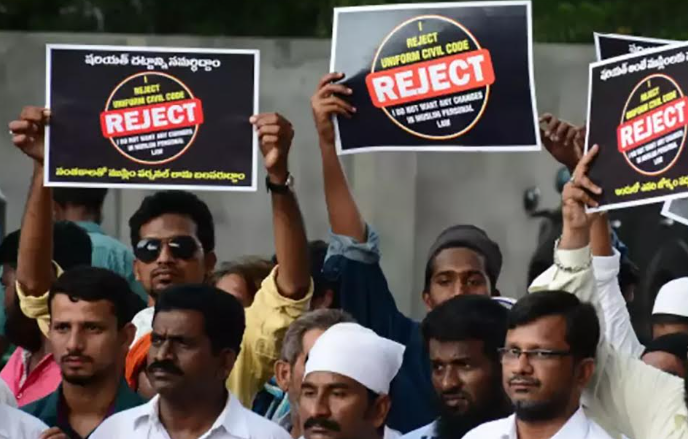
According to the AIMPLB, the Prime Minister’s comments were seen as an affront to the Islamic legal system, which they argue forms an integral part of their religious practice. The board emphasized that any attempt to replace Sharia law with a secular legal framework would be met with strong resistance from the Muslim community.
The debate over the uniform civil code has been a contentious issue in India for many years. Proponents of the code argue that it would ensure equality before the law by eliminating personal laws based on religion. However, opponents, including the AIMPLB, believe that such a code would undermine religious freedoms and the right to practice one's faith according to its tenets.
This latest statement from the AIMPLB highlights the ongoing tension between secular and religious laws in India. The board's resistance reflects broader concerns within the Muslim community about maintaining their religious identity and practices in the face of legislative changes.
In response to the AIMPLB's declaration, supporters of the uniform civil code argue that it is necessary for national unity and equal justice. They contend that a single legal framework would prevent the perceived favoritism and legal disparities that arise from the current system of multiple personal laws.
The discourse around the uniform civil code continues to evoke passionate responses from various segments of society. As debates persist, it remains to be seen how policymakers will address the concerns of different communities while striving for legal and social reform.
The AIMPLB’s statement marks another chapter in the ongoing debate over civil law reforms in India, emphasizing the deep-seated divisions and the complexity of achieving a balance between secular governance and religious autonomy.
